The views expressed in our content reflect individual perspectives and do not represent the authoritative views of the Baha'i Faith.
A new kind of business model has been slowly, imperceptibly growing during the last hundred years – one based on passion, creativity, lifelong learning, and spiritual values.
That new, more human-centered business model has emerged despite the general public’s belief that it is impossible to make a living as a craftsperson: as a hobby, yes, but not as a profession.
When the world-renowned Baha’i potter Bernard Leach first set up his pottery studio in St. Ives, Cornwall, UK, in 1920, he didn’t know it would take him over 20 years to become a master potter. Why did it take him so long? Not only did he have to learn the many aspects of making pots, including finding suitable clay and building a kiln, firing and glazing – he also had to develop his own designs, create a market for his style of pots, train a team of potters, and figure out how to manage a financially viable enterprise.
Most occupations require people to learn and apply one or two skills, but master-craftspeople are required to be competent in five or six skillsets, and be able to juggle between them according to different requirements every day. Think of it this way: it’s as if you owned a store, but you also had to conceptualize, create, and manufacture everything in it.
RELATED: The Human Soul as the Birthplace of Creative Ideas
So Bernard Leach’s legacy is not just his pots, which are now highly prized and sold to art collectors at impressive prices. He also passed on his artistic heritage in other ways, including the dozens of apprentices he trained, who went on to establish their own successful potteries and in turn trained future generations of young aspiring potters. His books have also inspired generations, making him a prototype modern craftsperson.
Baha’i artists like Bernard Leach believe in the enduring value of creativity and craftsmanship. Prophetically, Baha’u’llah revealed in the nineteenth century, during the age of Western industrialization, that the true value of craftspeople needs to be recognized: “It hath been revealed … that the true worth of artists and craftsmen should be appreciated, for they advance the affairs of mankind.”
I never met Bernard Leach, but like him it took me 20 years to establish my practice as a craftsperson. Leach became a Baha’i in his fifties, whereas I was privileged to become a Baha’i at 19 years old. At 21, inspired by the Baha’i teachings, I decided to make a living as a craftsperson. I didn’t know what would be involved, but felt confident that by meditating daily on the Baha’i writings I would be guided to learn the necessary skills and knowledge to develop and manage an ethical craft business.
In 1975 when I began, fresh out of college with little furniture-making experience and even less business experience, I knew I had a lot to learn – but not how much!
Truthfulness and Transparency
In my early years in the 1970s I knew very little about business ethics. There were no professional craft workshops to approach for advice. I could never get honest and helpful guidance from business people; everything they said lacked ethical clarity. As I gained experience I realized that the personal ethics in the Baha’i teachings had to also be applied equally to one’s professional life. The guiding principle, according to the Baha’i teachings, is honesty and truthfulness: “Without truthfulness progress and success … are impossible for any soul.”
This spiritual guidance helped me realize that I had to be honest and open with my clients about time and money, contrary to worldly wisdom. I discovered, over time, that this approach was not just morally right, it also helped me build long-term relationships. Clients learned to trust me. I gradually realized a reputation for honesty and truthfulness builds one of the best forms of social capital a business can have.
Since the early days in the 1970s, I have completed over 1800 commissions for over 400 clients, an average of over four commissions per client. I still have clients commissioning furniture after thirty-four years. I was looked upon as naively honest by more worldly people when I began, but not now. Acting with truthfulness and integrity is not just good ethics, it can also have a positive influence in the world, as Baha’u’llah pointed out: “The betterment of the world can be accomplished through pure and goodly deeds and through commendable and seemly conduct.”
RELATED: Out of the Woods: Designing a Sustainable Crafts Practice
The Pursuit of Excellence
Craftsmanship means the pursuit of excellence. This ethos that has to be cultivated and maintained in a workshop, especially when there are commercial pressures. Quality must be inculcated in trainees, errors have to be corrected at personal cost, and when a commission takes longer than estimated the very modest profit margin is often forgone.
But for a true craftsperson, a job well done is the only true reward.
With this ethic in mind, I have learned, through long experience, that a craft enterprise requires a finely-balanced juggling act between producing quality and maintaining economic viability. I’ve found, from the beginning, that prayer and meditation form the fundamental foundation for maintaining this kind of ethical focus, especially when decisions have to be made, like how much to charge.
What is a Fair Price?
The viability of every business depends on charging enough to cover costs and generating a profit, so the people in that business can have sustainable incomes. The question of what is a fair price often perplexes aspiring professional craftspeople.
The guiding principle here is justice. The central figures of the Baha’i Faith – the Bab, Baha’u’llah, and Abdu’l-Baha – have provided exemplary role models in this regard. The Bab, for example, was a businessman who was meticulous in all his transactions, never over- or under-charging customers. Abdu’l-Baha, the son of Baha’u’llah, would not allow anyone to take advantage of him and he would always be more than fair in his transactions. According to Baha’u’llah, each one of us has the capacity to see with an independent eye what is just – and act accordingly:
The best beloved of all things in My sight is Justice …. By its aid thou shalt see with thine own eyes and not through the eyes of others, and shalt know of thine own knowledge and not through the knowledge of thy neighbor. Ponder this in thy heart; how it behooveth thee to be. Verily justice is My gift to thee and the sign of My loving-kindness. Set it then before thine eyes.



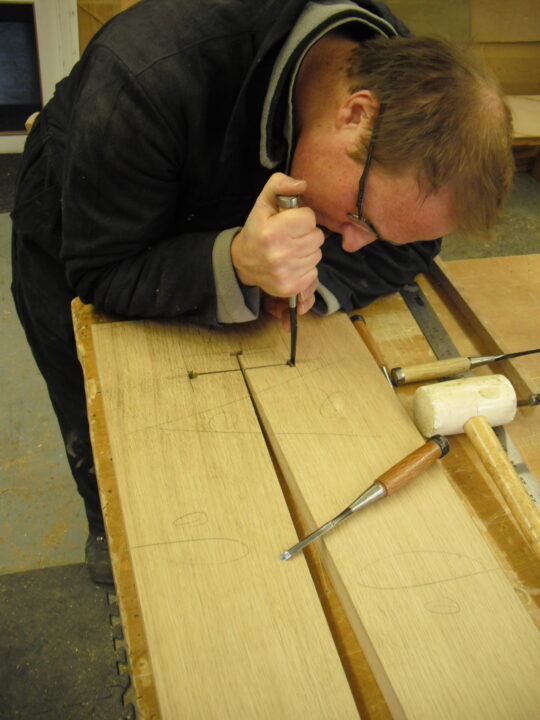
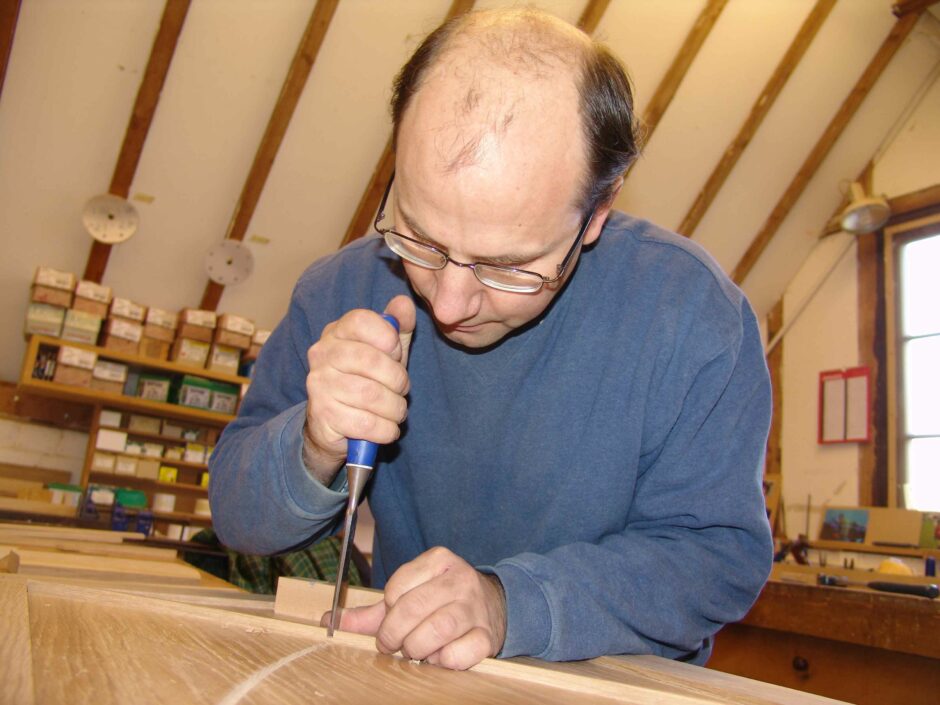

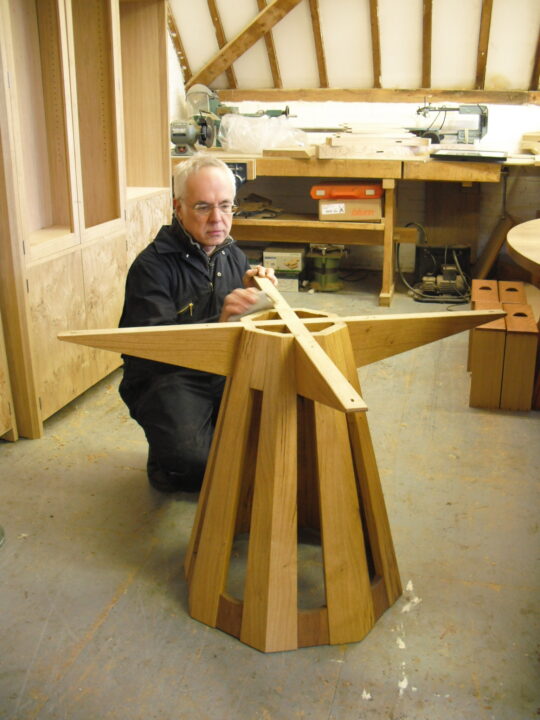
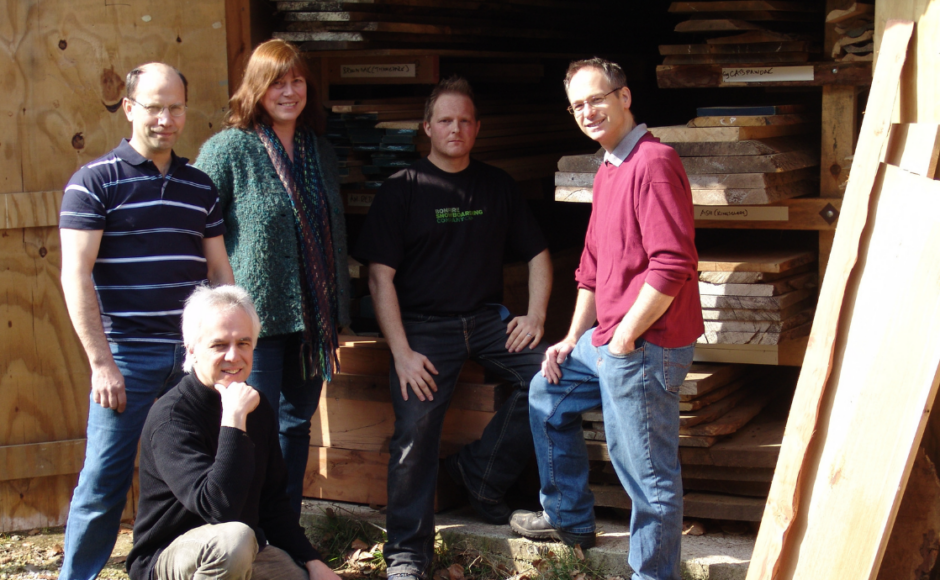











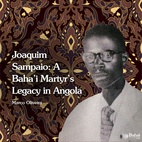


Comments
Sign in or create an account
Continue with Googleor